Your phone's GPS could become faster and more accurate thanks to a recent FCC ruling
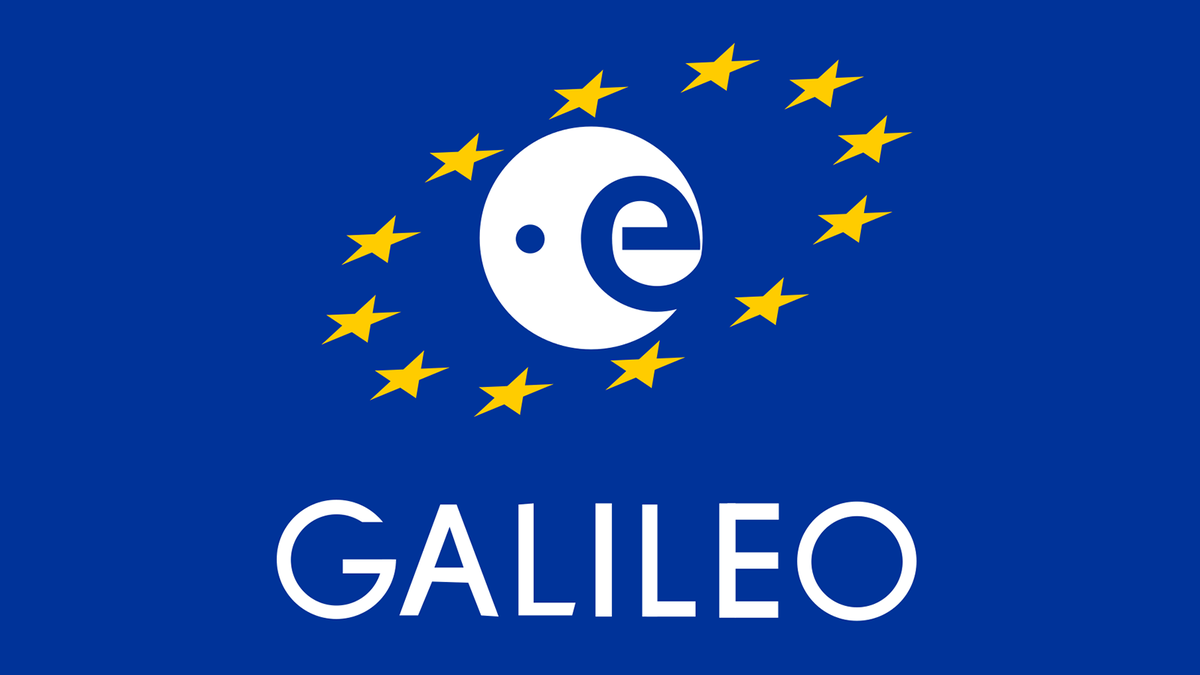
Oh look, Ajit Pai-led FCC just came up with a good news for once! The FCC has just approved of a new ruling that could help the GPS of your phone do its job much faster and much more accurate than before.
As per the new ruling, the commission has decided to open up GPS a little bit and allow it to connect to the satellites of Galileo, Europe's own positioning system. In particular, the FCC lifts restrictions for two of Galileo's three operating signals which are inter-operable with GPS. This has the huge potential of making GPS much faster, more reliable, and way more accurate. Galileo's roots can be traced back to 2006 when it was incepted as an alternative to USA's GPS and Russia's GLONASS systems. There are 26 Galileo satellites in orbit out of 30 planned at the moment.
As Engadget points out, most smartphones have been technically-capable of hooking up to Galileo's satellites, but the functionality has always been disabled with software up until this point. Why? Because the FCC used to restrict ground radios to connect to foreign satellites, but with this restriction being lifted, the only thing standing between you and better positioning is... your phone vendor. As in most cases, a software update is certainly required to unlock the functionality.
"This breakthrough serves the public interest across many areas of our economy, including the automotive, aviation, rail, maritime, and agriculture industries," FCC Chairman Ajit Pai said. "It will also produce public safety benefits by reducing risks of accidents and disaster, aiding emergency response, and synchronizing power grids and critical infrastructure."
As Engadget points out, most smartphones have been technically-capable of hooking up to Galileo's satellites, but the functionality has always been disabled with software up until this point. Why? Because the FCC used to restrict ground radios to connect to foreign satellites, but with this restriction being lifted, the only thing standing between you and better positioning is... your phone vendor. As in most cases, a software update is certainly required to unlock the functionality.
Follow us on Google News








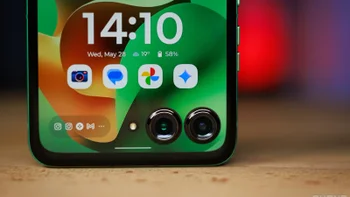
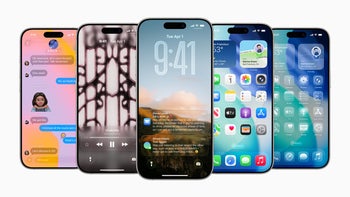
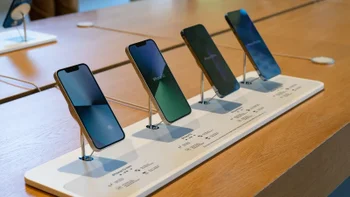
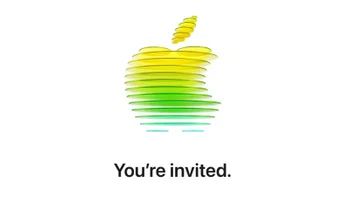
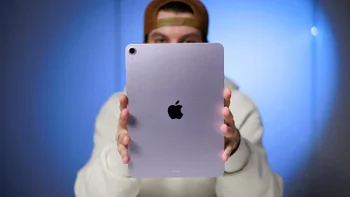
Things that are NOT allowed:
To help keep our community safe and free from spam, we apply temporary limits to newly created accounts: